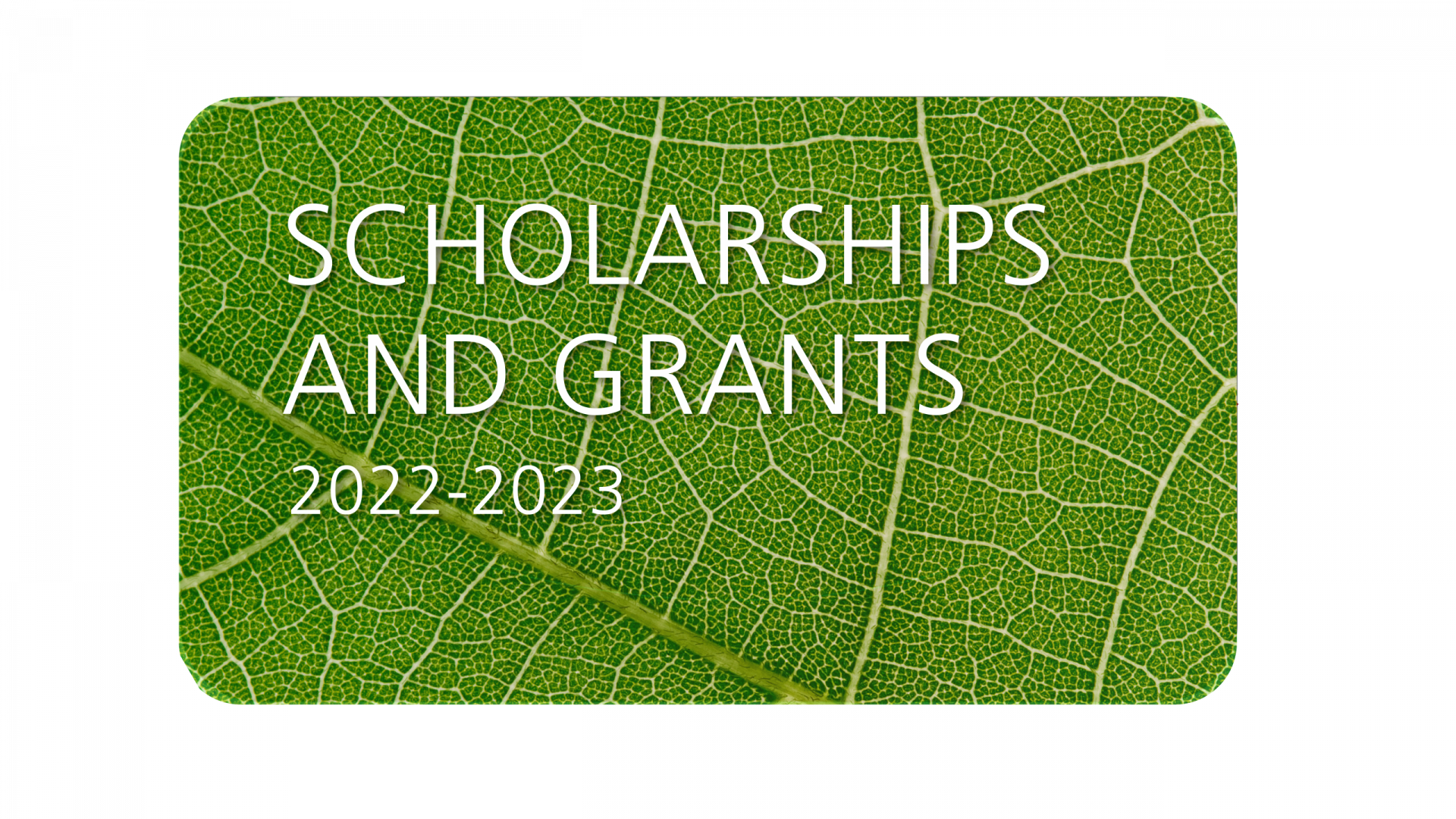
At a meeting on June 18, the members of the board of directors approved a proposal to bring a set of changes to the rules of a number of award and grant programs. The following is a summary of the modifications.
ALL PROGRAMS
The section dedicated to documenting the impacts of the COVID-19 pandemic on the research project and/or applicants’ careers will remain on all application forms.
The presentation requirements for the appended documents were harmonized across the three Fonds de recherche (FRQNT, FRQS, FRQSC).
The sections that appear in the Common General Rules (CGR), including those on research ethics and the responsible conduct of research, the integrity of the evaluation process, equity, diversity and inclusion (EDI), the responsibility of the Fonds, false or misleading information and open access to research output, were removed from the rules of individual programs, which now refer to the CGR.
AWARD PROGRAMS
Master’s and doctoral research awards and postdoctoral research fellowships
The list of documents that must be appended to an application form and the evaluation criteria and their respective weightings were harmonized across the three Fonds de recherche.
The criterion on applicants’ social mobilization was expanded to account for sustainable development objectives under three sub-criteria:
• Applicant’s ability to create a dialogue between science and society
• Applicant’s capacity to build engagement
• Applicant’s consideration of the United Nations Sustainable Development Goals, specifically EDI
The award holder’s guide was removed, and the information was integrated into the program rules.
GRANT PROGRAMS
The evaluation criteria accounting for EDI was amended and now reads as follows:
The assessment of the criterion focuses on the efforts by the applicant or team to foster diversity, equity and inclusion and not the composition of the team itself*.
• Training: specific actions (taken and/or planned) to foster EDI in new researcher training (recruitment practices, support, career development, etc.);
• Research: consideration of diversity in research project design and development (research questions, methodology, etc.) and knowledge mobilization and dissemination to a diverse audience, where relevant;
• Involvement: specific actions (taken and/or planned) to foster EDI in the setting, area or research sector as a whole (committees, inclusive scientific events, awareness-building activities, etc.).
*Applicants must not provide information on their own belonging or that of their team members to a marginalized or underrepresented group.
Once the evaluation committees have completed their reviews, applicants who were not granted funding may request verbal or written feedback on the reviewers’ comments from the program manager. Further details will be included in the announcement letter.
Support for new researchers program
Two separate forms were created, one for researchers in outlying areas and another for those in urban centres such as Québec or Montréal. In addition, applicants have the option to select the members of their review committee.
A new mandatory research proposal template was also created.
To be successful, applications must receive a passing score of 80%.
College research program
A new mandatory research proposal template was created.
To be successful, applications must receive a passing score of 80%.
A new guide for reviewers who are not familiar with college research will be developed in collaboration with college stakeholders (Synchronex, Fédération des cégeps, Association pour la recherche au collégial).
Prisme program
The first applicant (CP1) may be affiliated with the FRQNT or FRQSC.
The review criteria pertaining to the projects and democratization of knowledge were modified.
Visage municipal program
The program is now common to the three Fonds de recherche du Québec and will support intersectoral research projects.
The definition of the term municipality was broadened.
Several aspects of the program were simplified, including the eligibility of letters of intent, signatures for municipal contributions and short resumes.
To be successful, applications must receive a passing score of 80%.
Each Fonds clarified the terms of the salary support or release from teaching duties for college researchers.
PRIZES
Prix Relève-Étoile Louis-Berlinguet
The rules of the competition, which was launched a decade ago, were updated. There were minor revisions to the criteria to highlight issues related to open access. Applicants are now invited to demonstrate their ability to reach the public, including a strategy to ensure open access in accordance with the Fonds de recherche du Québec open access policy for the dissemination of research .
Following the September 2021 edition of the competition, the Prix Relève-Étoile Louis-Berlinguet will be awarded on an annual basis.
